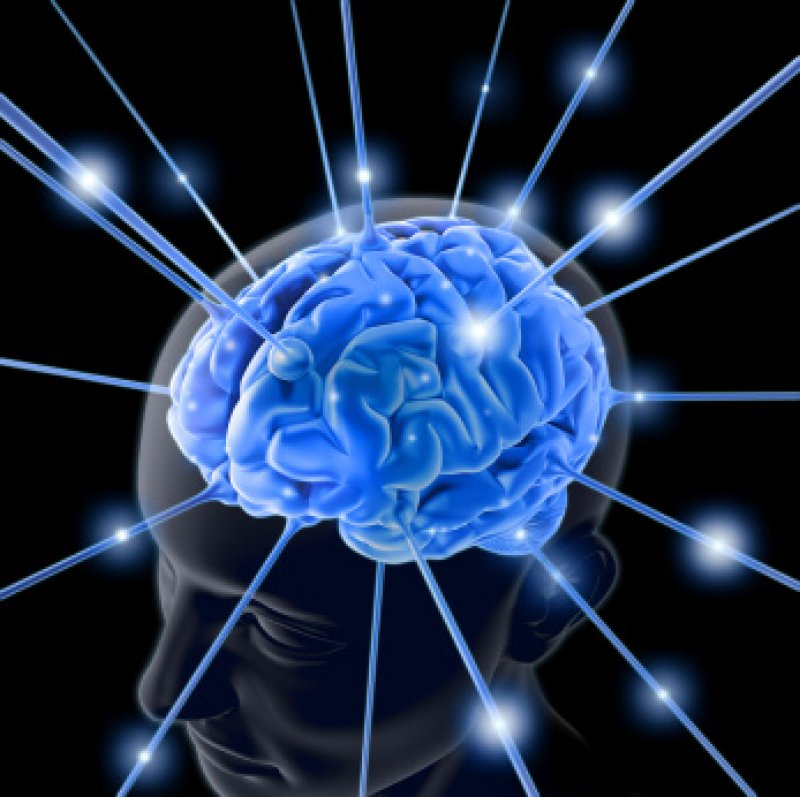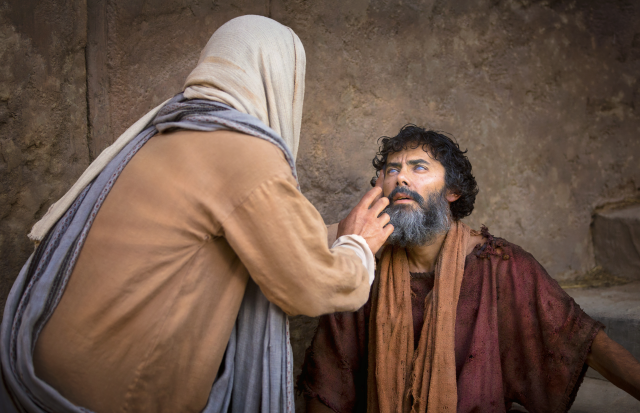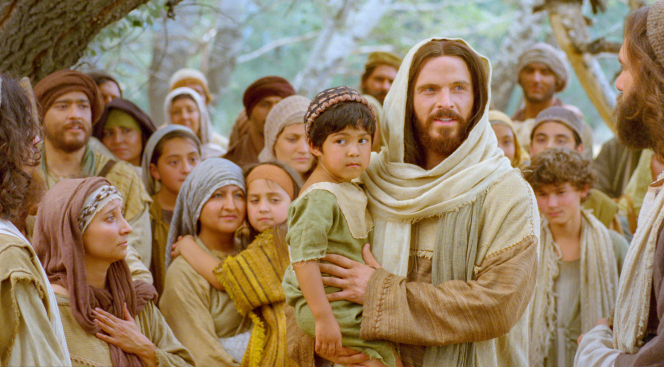Sunday, December 27, 2020
The Christmas Star
Sunday, December 20, 2020
Christmas Gifts
Sunday, December 13, 2020
Judging Righteously
(5) For so exceedingly do they anger that it seemeth me that they have no fear of death; and they have lost their love, one towards another; and they thirst after blood and revenge continually.
(19) And they have become strong in their perversion; and they are alike brutal, sparing none, neither old nor young; and they delight in everything save that which is good; ...
(17) But whatsoever thing persuadeth men to do evil, and believe not in Christ, and deny him, and serve not God, then ye may know with a perfect knowledge it is of the devil; for after this manner doth the devil work, for he persuadeth no man to do good, no, not one; neither do his angels; neither do they who subject themselves unto him.
(18) And now, my brethren, seeing that ye know the light by which ye may judge, which light is the light of Christ, see that ye do not judge wrongfully; for with that same judgment which ye judge ye shall also be judged.
(19) Wherefore, I beseech of you, brethren, that ye should search diligently in the light of Christ that ye may know good from evil; and if ye will lay hold upon every good thing, and condemn it not, ye certainly will be a child of Christ.
- This has been going on for years, and at different times, each party has had its fair share of doing most of the cheating or power grabbing; AND
- I want you to be able to turn to God and JUDGE for yourself the best way to proceed -- not just in the most immediate instance, but EVERY TIME this type of thing comes up.
- Make sure that you are not calling good evil and evil good.
- Make sure to pray with real intent of heart.
- Whatever you ask God will be answered.
- Consider: does your proposed plan of action bring good or evil? Does your plan come out of hatred and anger, or does it come from love and patience?
- Make sure you remain a servant of Christ, and not the devil.
- Remember faith and hope.
- Remember humility.
- If you are in tune, then judging good from evil will be as "a perfect knowledge, as the daylight is from the dark night."
Sunday, December 6, 2020
Wisdom and Smarts
Sunday, November 29, 2020
The Limits of Science
Sunday, November 22, 2020
Give Thanks (Hashtag)
I direct this week's spiritual thoughts to all my non-Mormon friends. Well, the message is for everyone, but I thought I'd take this time to explain what all this #givethanks hashtag is all about. I suppose it speaks for itself, but here it goes anyway.
Sunday, November 15, 2020
The Pride Cycle
Today I'd like to discuss the pride cycle, a theme that permeates the Book of Mormon. Though, it comes from Latter-day Saint scripture, this is a universal concept that all religious people can appreciate.
Sunday, November 8, 2020
Peace, Be Still
Inspired by a post by my aunt this past week, I'm reminded to remember how God knows our fears. He knows our troubles, and our concerns. But he's got this. He knows where we're going, and what's in store for us.
Sunday, November 1, 2020
Enduring to the End
Then shall they deliver you up to be afflicted, and shall kill you: and ye shall be hated of all nations for my name's sake. And then shall many be offended, and shall betray one another, and shall hate one another. And many false prophets shall rise, and shall deceive many. And because iniquity shall abound, the love of many shall wax cold. But he that shall endure unto the end, the same shall be saved. (Matthew 24:9-13)
Sunday, October 25, 2020
Warnings From Jesus
Sunday, October 18, 2020
And the Eyes of the Blind Shall See
And these signs shall follow them that believe. In my name they shall do many wonderful works; in my name they shall cast out devils; in my name they shall heal the sick; in my name they shall open the eyes of the blind, and unstop the ears of the deaf; and the tongue of the dumb shall speak; and if any man shall administer poison unto them, it shall not hurt them; and the poison of a serpent shall not have power to harm them. But a commandment I give unto them, that they shall not boast themselves of these things, neither speak them before the world; for these things are given unto you for your profit and for salvation.
Sunday, October 11, 2020
Love Your Enemies
43 Ye have heard that it hath been said, Thou shalt love thy neighbour, and hate thine enemy.
44 But I say unto you, Love your enemies, bless them that curse you, do good to them that hate you, and pray for them which despitefully use you, and persecute you;
Sunday, October 4, 2020
Conference Report - Oct 2020
- COVID-19: this has been a source of much tribulation and disruption, whether it be from sickness, death, or cancelled activities and loneliness. Most of the talks that touched on this centered around the ideas that we're being tested, we're becoming stronger through tribulation, we're receiving opportunities to serve others in their times of need, we're having more opportunities to worship at home with the help of "Come Follow Me," and some families are becoming closer to God. One talk (Elder Holland?) came very close to what I wanted to hear ... that we should follow the promptings of our governments and work together to shorten the duration -- that we're being tested in our response, but it didn't quite hit. Instead, most of the talks seemed to treat COVID-19 as something we can't do much about, like a flood, or fires.
- Racism: in light of recent happenings, it was made clear several times that we are all equal, regardless of the color of our skin. Racism against black people is real and we should take steps to continue eradicating it. And also racism against Asians, Mexicans, and other races.
- Peaceful protests: It is more than appropriate to hold peaceful protests -- in the first session, somebody also said that we should not take away the right to peacefully protest.
- Violent protests: In the US it is inappropriate to have violent protests, as we have avenues to peacefully influence laws and change things peacefully.
- The election: We must have an unencumbered voting process, we must peacefully accept the results, and we must have a peaceful transition (if needed).
- The Constitution: It was inspired by God by imperfect people, but it has provided us with the freedoms that we enjoy, and we should strive to maintain the Constitution and its freedoms.
- We must have patience. God allows tribulations for our own good, and with patience, we come out stronger and more experienced.
- Love one another. Recent events have deepened the divide of our nation greatly. We must learn to "love our enemy" and those who "despitefully use us." We are in desperate need of healing and renewed unity. Loving is the greatest commandment, and as we exhibit it, people will listen to us and we can then begin to work together.
- Remember God and turn to Him. Even though the world has changed, our relationship with God should remain the same. We can still offer up our prayers. We can still go back to church (when possible). We can listen to the answers to our prayers even if we don't like the answers or the timing.
Sunday, September 27, 2020
We Are All Children
Verily I say unto you, Except ye be converted, and become as little children, ye shall not enter into the kingdom of heaven. (Matthew 18:3)
Sunday, September 20, 2020
Jesus is the Cornerstone
Saturday, September 19, 2020
Is Trump Chosen By God?
Let every soul be subject unto the higher powers. For there is no power but of God: the powers that be are ordained of God.
7 And as pertaining to law of man, whatsoever is more or less than this, cometh of evil.
8 I, the Lord God, make you free, therefore ye are free indeed; and the law also maketh you free.
9 Nevertheless, when the wicked rule the people mourn.
Mosiah 29:25-2610 Wherefore, honest men and wise men should be sought for diligently, and good men and wise men ye should observe to uphold; otherwise whatsoever is less than these cometh of evil.
25 Therefore, choose you by the voice of this people, judges, that ye may be judged according to the laws which have been given you by our fathers, which are correct, and which were given them by the hand of the Lord.
26 Now it is not common that the voice of the people desireth anything contrary to that which is right; but it is common for the lesser part of the people to desire that which is not right; therefore this shall ye observe and make it your law—to do your business by the voice of the people.It seems clear to me from these verses that God intends for us to choose our own leaders. This is why our Constitution was formed, so that we can have the freedom to choose. And not only that, we can also be held accountable for our choices. If we choose a wise leader, we prosper; and if we choose a wicked leader ... Mosiah 29:27
27 And if the time comes that the voice of the people doth choose iniquity, then is the time that the judgments of God will come upon you; yea, then is the time he will visit you with great destruction even as he has hitherto visited this land.
Also consider from the New Testament when Jesus was asked about paying taxes. In Matthew 22:21, he answered: "Render therefore unto Caesar the things which are Caesar's; and unto God the things that are God's."
It already seems pretty clear ... the concept of the separation of church and state established millennia before the United States were formed. And again it appears that we have full reign on how we choose our leaders.
So, did God choose Trump, or Obama, or Reagan for that matter? The answer seems clear: No, he did not.
Every election cycle, our church puts out a statement to remind us ... the choice is ours. And almost always, they will include that bit from D&C 98:10 and paraphrase it like this: "Latter-day Saints as citizens are to seek out and then uphold leaders who will act with integrity and are wise, good, and honest."
Here's a sample statement.
Though, if you compare with the 2016 statement, that phrase was replaced with: "Principles compatible with the gospel may be found in various political parties, and members should seek candidates who best embody those principles." A funny playing down of the "wise, good, and honest" bit!
Sunday, September 13, 2020
Seeing the Signs
This week's spiritual thought will again come from the weekly Book of Mormon reading, but I encourage my other Christian friends to stick around, as the message I believe is universal. The messages in these verses seem to apply to today's times, as several of my friends have remarked in social media.
This story centers around the people of Nephi ... not the original Nephi, but the one that comes later around 10BC. Nephi was the designated prophet, and he told his people repeatedly that they needed to repent. He performed all sorts of miracles. A couple of weeks ago we read about how his father (also called Nephi) and uncle saw angels along with hundreds of people. And then how he predicted the death of their governor with great detail, but the people on the most part ignored all that.
And then last week it was about Samuel the Lamanite prophesying about the night that would be day and a new star that would appear in five years to mark the birth of the coming Messiah near Jerusalem.
This week, the sign finally happens -- there's a night as bright as day -- and a lot of people repent. There was no denying that the sign was of God. Or was there?
Only a few years pass, and a large group of people say: that sign was a work of magic or sorcery. I don't believe it really happened. And the people go back to being wicked.
And I'm all: really? Can people really be that blind?
Yes, they can. I see it all the time today, and have myself fallen victim to this very trap. Every time it's the same thing: people rationalize the obvious away. It's usually something they don't want to hear, so they ... make stuff up.
In the case of these "Nephites," they wanted to be wicked. So, it was easier to come up with crazy explanations for what actually happened. Because ... if it didn't happen, then it becomes okay to be wicked.
In the case of politics, no one wants to hear that their candidate is bad, so people tend to surround themselves with articles as to why their candidate is good, and why the other candidate is bad. And will also prefer to read apologetics as to answer allegations against their own candidate. However, we should all know that there is bad in every candidate ... so if you're hearing that your candidate is perfect, that should be a big sign that you're ignoring something. This phenomenon is usually referred to as "confirmation bias" in today's nomenclature.
As a mathematician, modeler, programmer, and logistician, I feel like I'm in tune with all the happenings with the coronavirus. It's all very clear to me what's all going on. I can see all the people dying all around the world, and I can see which countries are enjoying success, and how they're accomplishing it. I mean ... it's very easy to see. I try to describe this to others, and sometimes I'm dumbfounded when many people come up with the craziest stuffs. I feel like I'm this Nephi character trying to help people see the simple truth, but then I'm met with people who don't want to hear it -- all so they can feel good about not wearing masks?
And yes, I know I'm not immune. I can be stubborn. I think all we humans are made to be stubborn. That can be both good and bad. But I do know an important principle we should all consider:
There are signs everywhere, and sometimes they are as clear as day. With as many signs as there are, there are going to be some that you do not want to hear. You could choose to ignore the sign, but then you might miss the warning and/or blessings. If, on the other hand, you choose to consider the sign and act upon it, then you might be able to change your course and do something to avoid that punishment or gain that blessing.
In other words, I think it would be in our best interests to consider ALL signs -- even the ones we don't want to hear. The ones that we miss could mean everything in the world to us, and we might not know until it's too late.
So, go out there and keep your eyes open. Be prepared to see and hear what don't want to see and hear, and then you will be better prepared for what comes next.
Edited at 3:30 PM -- someone pointed out that I was mixing up Nephi - the son of Helaman with Nephi - the son of Nephi (the son of Helaman who was also the son of Helaman). And yes, I understand the confusion ... I'm named after my father, and some people thought I had died a few years ago. Anyway ... blog post fixed.

















